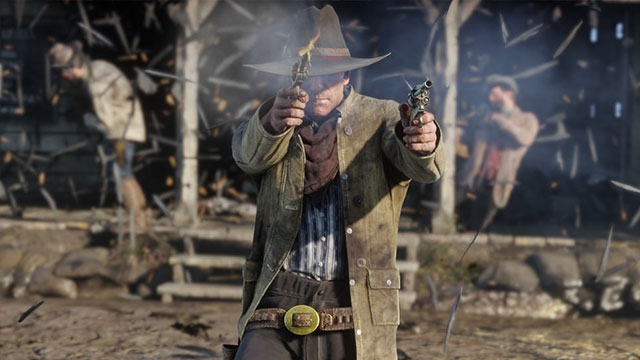Last month a Rockstar Games project, codenamed “Bonaire,” was refused classification by the Australian Classification Board. Back them, it was speculated that this was DLC for Red Dead Redemption 2. Now, new developments in this story could hint that “Bonaire” is the long-rumored Red Dead Redemption 2 PC version.
As mentioned above, “Bonaire” received the RC, or “refused…











